Abstract:
Background: Overweight and obesity are rising rapidly in preschool children.Obesity is apredisposing factor of many diseases.Overweight and obesity can affect the quality of life of children and reduce it. Overweight in childhood is a significant predictor of obesity in adulthood. Overweight and obesity are largely preventable. Therefore, the purpose of this study was to determine the effect of interventionbased on the enabling mothers to prevent obesity in 4-6 years old children.
Methods: The study was consisted of a randomized controlled trial including two groups (intervention and control).The sample size in this study was 120 children. Of 20 kindergartens with entry criteria, 4 kindergartens were selected randomly. Kindergartens were randomly assigned to two groups (intervention and control). Then, 30 children aged 4-6 years were randomly selected from each kindergarten.Educational intervention was performed for the mothers of experimental group for 8 weeksand it was based on the theory of social cognition and family system theory (parenting skills and practices).The questionnaires )parenting skills, parenting styles, comprehensive feeding practices, constructs of social cognitive theory and preventive behaviors of obesity were completed in both the control and experimental groups before intervention and 3 and 6 months after the intervention. Body mass index was measured before and 6 months after intervention. Data were analyzed by using descriptive and analytic indices using SPSS version 24 and Amos software. Regression, Friedman, Chi-square, Independent t-test and Repeated measure were used.
Results: Psychometric properties of parenting skills and Childhood Health Program Measurement Instrument were analyzed in a methodological process. Face and content validity were done. Construct validity by 240 samples were performed by confirmatory factor analysis. Cronbach's alpha coefficient indicated optimal internal consistency of the two questionnaires. Consistency was established with test-retest reliaability with an interval of 2 weeks that was desirable for two questionnaires.
After the pretest, multivariate regression analysis was determined effective parenting skills on preventive behaviors of obesity. Also, with the help of Friedman test, the comparison and prioritization of cognitive-social theory constructs in relation to preventive behaviors of obesity was done.
This study showed that educational intervention had influenced the supervisory, communication, and encouraging of desirable behavior and undesirable behavior management skills. But the problem-solving skill was ineffective. It was observed that educational intervention had an impact on the style of permissive, authoritative and authoritarian.The results showed that educational intervention affected on all components of the CFPQ questionnaire with the exception of the component of coercion. Educational intervention had influenced the constructs of social cognitive theory and preventive behaviors of obesity.The increase in BMI of the intervention group was less than the increase in BMI of the control group.
Conclusion: It is concluded that the mother-centered educational intervention based on social cognitive theory and family system theory in improving the behaviors associated with obesity andBMI in children is useful and use it for prevention of obesity in children is suggested.
Key words: Obesity, Children, Prevention, Intervention, Social cognitive theory, Family systems theory.



